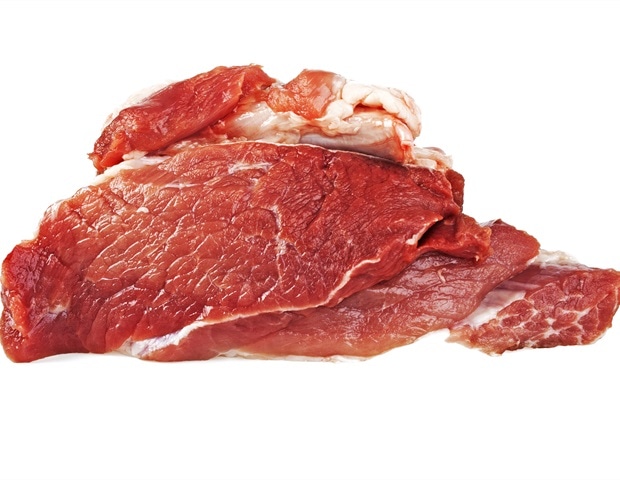
A large-scale international collaborative study lead by Professor Jacques Simard from Université Laval and Professor Douglas Easton at the University of Cambridge, UK, has identified new genes associated with breast cancer that could eventually be included in tests to identify women at increased risk.
Current genetic tests for breast cancer only consider a few genes, such as BRCA1, BRCA2, and PALB2. However, these only explain a minority of the genetic risk, suggesting that more genes remain to be identified.
The study found evidence for at least four new breast cancer risk genes, with suggestive evidence for many others. The identification of these new genes will contribute to our understanding of the genetic risk of breast cancer. This new knowledge will help improve risk prediction by better identifying those women at higher risk of the disease. This will better inform approaches to breast screening, risk reduction and clinical management.
The discovery of these novel genes also provides crucial information on the biological mechanisms underlying cancer development, potentially opening the way to identifying new treatments.
Improving patient care
The aim is to integrate this information into a comprehensive risk prediction tool currently used worldwide by health professionals. “Improving genetic counselling for high-risk women will promote shared decision-making regarding risk reduction strategies, screening and determination of treatment options,” emphasizes Professor Jacques Simard of Université Laval.
Although most of the variants identified in these new genes are rare, the risks can be significant for women who carry them. For example, alterations in one of the new genes, MAP3K1, appear to give rise to a particularly high risk of breast cancer.”
Professor Jacques Simard, researcher at the Genomics Center of the CHU de Québec-Université Laval Research Center
The strength of the study lies in the genetic data that was used for the analysis. Genetic changes in all genes were looked at in 26,000 women with breast cancer and 217,000 women without breast cancer. These included women from eight countries in Europe and Asia.
“To our knowledge, this is the largest study of its kind. It was made possible through the use of data from multiple collaborators in many countries, as well as publicly available data from the UK Biobank,” says Professor Douglas Easton, Director of the Centre for Cancer Genetic Epidemiology of the University of Cambridge.
Before this information can be used in a clinical setting, scientists need to validate the results in further datasets. “We need additional data to determine more precisely the risks of cancer associated with variants in these genes, to study the characteristics of the tumours, and to understand how these genetic effects combine with other lifestyle factors affecting breast cancer risks,” says Professor Easton. The research team is currently pursuing a large-scale international effort designed for this purpose.
The study by Naomi Wilcox (University of Cambridge) et al. was published on August 17, 2023 in the journal Nature Genetics. The study was jointly supervised by Professors Jacques Simard and Douglas Easton.
This study was funded by the Government of Canada through Genome Canada and the Canadian Institutes of Health Research, the Ministère de l’Économie et de l’Innovation du Québec through Genome Québec, the Quebec Breast Cancer Foundation, the European Union Horizon programme, the Wellcome Trust as well as the International Alliance for Cancer Early Detection, an alliance between Cancer Research UK, the Canary Center at Stanford University, the University of Cambridge, OHSU Knight Cancer Institute, University College London and the University of Manchester.
Source:
Journal reference:
Wilcox, N., et al. (2023). Exome sequencing identifies breast cancer susceptibility genes and defines the contribution of coding variants to breast cancer risk. Nature Genetics. doi.org/10.1038/s41588-023-01466-z.















